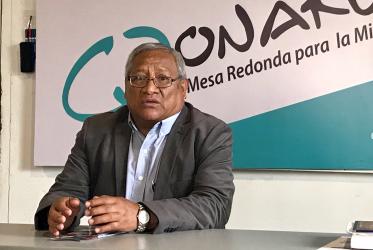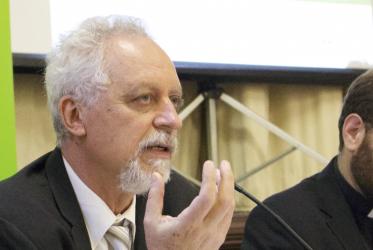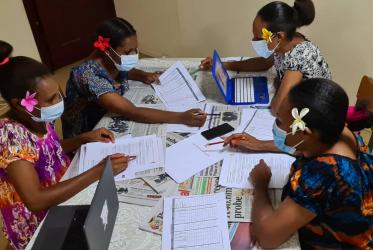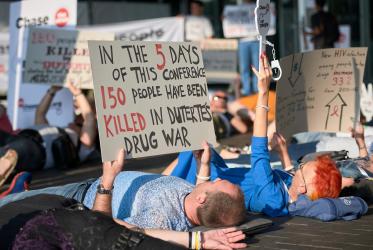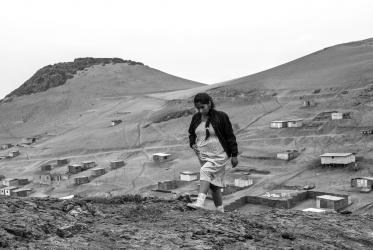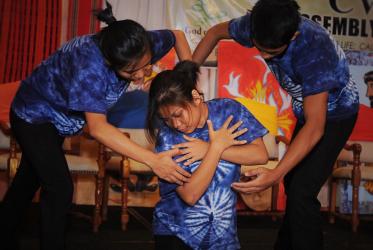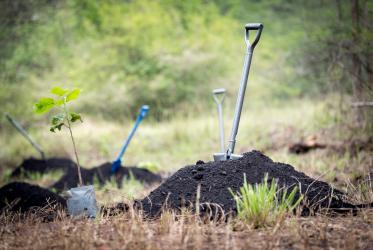Displaying 121 - 140 of 467
WCC expresses solidarity with Peruvian people amid political crisis
20 November 2020
Applications open for WCC Eco-School
22 October 2020
New student body at Bossey Ecumenical Institute “a source of joy”
14 September 2020
Thomas Kang: “Hope is what moves Christians”
21 August 2020

